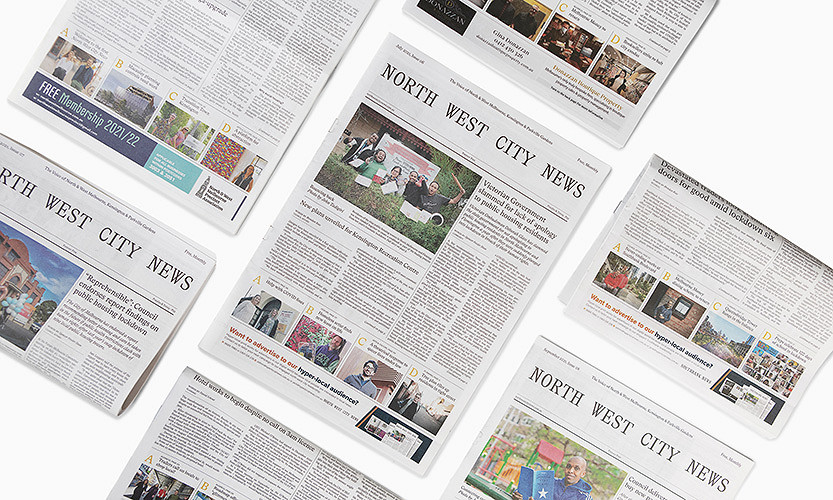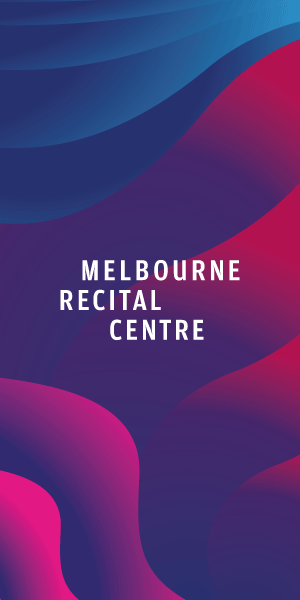Connected communities – from local to global
What does a connected community look like, feel like, function like? We don’t need to look far afield for a model!
Our Neighbourhood House in Kensington (KNH) has recently been recognised in the community section of The Melbourne Awards – such a well-deserved award for the work that KNH does helping diverse people to connect and have a sense of belonging in the community.
Communities that have experienced floods and fires have found out some “home truths” in relation to neighbourhood connection and community consciousness. You’d have to say that they have found out the hard way. Anecdotally, however, it would seem that the bitter experiences in the fires and floods have been mixed with stories of heroic support and solidarity.
To a great extent that is what “connected communities” are about – coming together and supporting one another in a challenge. In Kensington and North Melbourne our community spirit has not been so severely tested. So far, we have escaped the kind of community catastrophes experienced in Lismore or Mallacoota.
At the Kensington Association over the years we have learnt a little about community solidarity. We know, for example, when there is a cause around which to coalesce, the community responds, and our active membership jumps in the face of significant threats to community wellbeing. There is a feeling that something worthwhile is achievable.
But … hang on! I seem to be looking at reactive, defensive, or deficit solidarity! What about proactive or positive solidarity? Are there such issues that would be strong or important enough to evoke a kind of “crusade” in our communities? I’m talking about collective action. We know there is strength in numbers – the brave Iranian women know all about that!
So, I’m asking myself, in contemporary Kensington (and North Melbourne or Flemington), what cause, issue, or initiative would garner crusade-like support? Or perhaps a sense of solidarity is only possible when confronted with an emergency? Expressed in another way, can we experience connectedness only with “our backs to the wall”?
Try out these in your own thinking; in a sense both would be “deficit” and “proactive”, but not “emergency” scenarios. If we decided that community-wide access to affordable childcare was something we really valued, would you join a crusade for that? If we decided that our local precinct should have a community battery, would you campaign for that?
I know there are general community issues that a clear majority of the community would support – I’m thinking of things like community open space or real access to affordable housing. However, people make judgements; before they join a campaign, they ask themselves whether the cause is realistic or achievable. Very often time is the operative factor. An objective that has wide community support might only be achievable incrementally and require a long-term strategy to realise. When we face elections, and have to decide who we will vote for, in a way, on an individual basis, we “join a campaign” (i.e., we vote for a particular party) in order to realise something that we value.
Moving from local to global, I hope are we on the cusp of experiencing something unique, namely, a scenario or cause (which transitions from a deficit, to an emergency, to something proactive and positive) around which there is international community solidarity and support.
In his opening address to COP27 the United Nations Secretary General Antonio Guterres didn’t mince words as he made his call. “We are in the fight of our lives and losing. Greenhouse gas emissions keep growing, global temperatures keep rising, and our planet is fast approaching tipping points that will make climate chaos irreversible. We are on a highway to climate hell with our foot still on the accelerator”.
The “crusade” or “campaign” is clear – it is a fight to save something we value, our lives and our planet. The questions are: how connected is our international community and how many or us believe the objective is realistic or achievable? •

Affordable housing proposed on council land







 Download the Latest Edition
Download the Latest Edition